Dubai has undoubtedly become very attractive for global investors and expatriates. One question that frequently arises among those looking to invest is whether you can own 100% property in Dubai. In what follows, we will answer this question and then some.
Understanding Property Ownership in Dubai
Dubai’s real estate market is one of the most vibrant in the world. However, property ownership laws in Dubai differ significantly from those in many Western countries, largely due to the United Arab Emirates’ (UAE) legal system, which blends Sharia law with civil law principles.
Historically, property ownership in Dubai was restricted to UAE nationals, with foreigners limited to renting or leasing properties. This changed dramatically in 2002 when the Dubai government introduced groundbreaking reforms that allowed foreigners to own property in designated areas.
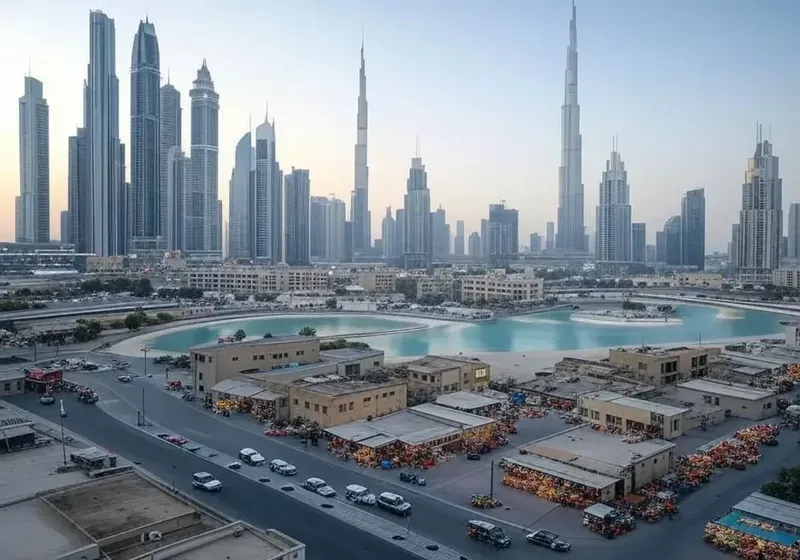
These reforms marked the beginning of Dubai’s freehold property market which transformed the city into a global real estate hub.
Current Market Dynamics
The legacy of the 2002 reforms continues to shape Dubai’s real estate market. In 2024, the emirate recorded 180,987 real estate transactions valued at AED 522.5 billion (approximately US$141 billion), a 36.5% increase from the previous year. This surge underscores the market’s resilience and ongoing appeal to investors.
As of 2022, Dubai had over 740,000 completed residential units, with more than 50,000 under development, and projections suggest the total will reach one million before 2030. This growth is driven by robust demand, economic diversification, and Dubai’s strategic vision to remain a global investment hub.
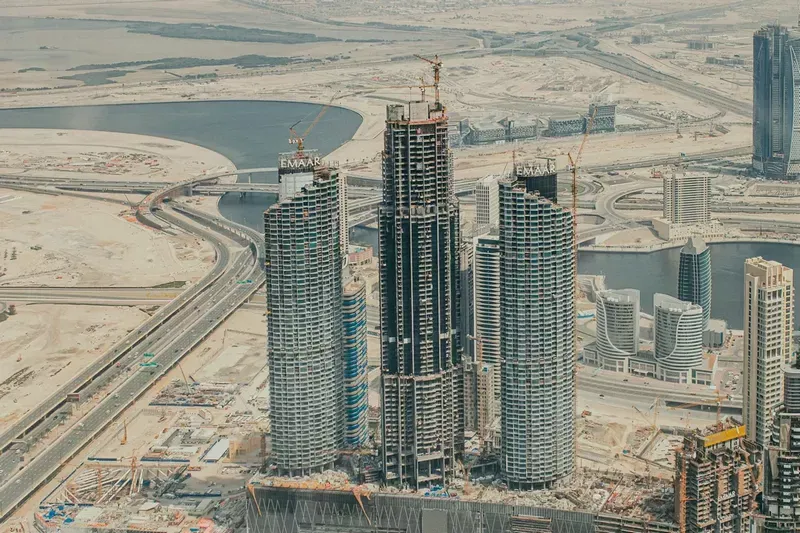
Foreign Ownership in Dubai
The 2002 reforms opened Dubai’s real estate market to international investors. By 2024, foreign ownership had grown substantially, with notable statistics highlighting this trend:
- Indian Investors: Own 35,000 properties valued at $17 billion, making them the largest foreign property owners in Dubai.
- British Investors: Hold 22,000 properties worth $10 billion.
- Saudi Investors: Own 16,000 properties valued at $8.5 billion.
- Market Growth: Between 2020 and early 2022, the number of properties owned by foreigners increased by 20%, reaching a total value of approximately $23 billion.
These figures reflect Dubai’s status as a magnet for international capital, driven by its tax-free environment and high rental yields, which average 5–8% annually, surpassing many global cities.
Freehold vs. Leasehold Ownership
To answer the question of whether you can own 100% property in Dubai, we need to distinguish between freehold and leasehold ownership:
- Freehold Ownership: Freehold ownership gives the buyer full ownership of the property and the land it sits on. This means that you own the property outright, with the right to sell, lease, or pass it on to heirs, subject to certain regulations. Freehold ownership is what most people associate with 100% ownership.
- Leasehold Ownership: Unlike freehold ownership, a leasehold property in Dubai grants you the right to live in a property for a predetermined term, usually not exceeding 99 years. In other words, you are paying for the temporary use of the property and land while the freeholder remains the legal owner.
It was the introduction of freehold ownership that provided foreigners with the opportunity to own property outright in specific areas designated by the Dubai government. But does this mean that anyone can own 100% of any property in Dubai? We’ll talk about this more below.
Who Can Own Property in Dubai?
Dubai’s property market is open to both UAE nationals and foreigners, but the rules vary depending on the buyer’s status and the type of property.
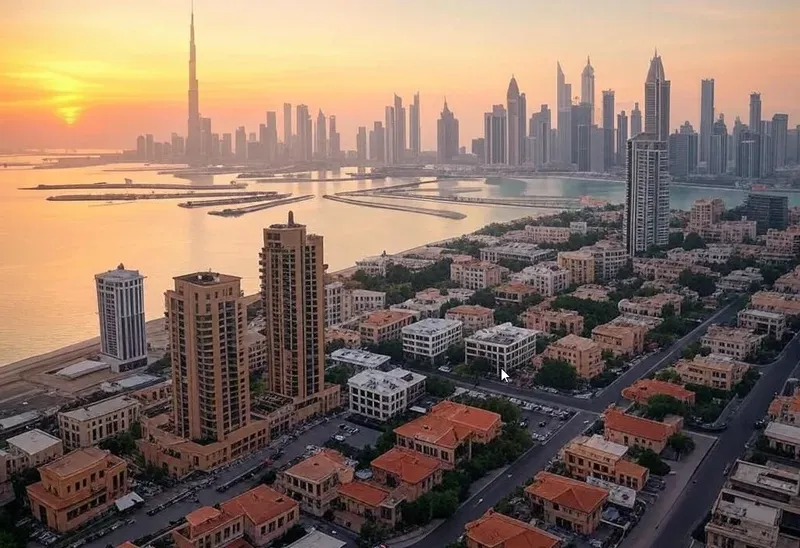

UAE Nationals and GCC Citizens
UAE nationals and citizens of Gulf Cooperation Council (GCC) countries (Bahrain, Kuwait, Oman, Qatar, and Saudi Arabia) have the most extensive property ownership rights in Dubai.
They can purchase freehold properties in almost any area of the emirate, including non-designated zones where foreigners are restricted. This gives them unparalleled flexibility in the real estate market.
Foreign Investors and Expatriates
Foreigners, including non-resident investors and expatriates living in Dubai, can own freehold properties in designated freehold zones. These zones, established by the Dubai government, include some of the city’s most iconic developments, such as:
- Downtown Dubai
- Dubai Marina
- Palm Jumeirah
- Jumeirah Lakes Towers (JLT)
- Emirates Hills
- Business Bay
In these areas, foreigners are allowed to purchase properties, whether apartments, villas, or commercial spaces, with 100% freehold ownership. This means they own the property as well as the land it occupies, with no restrictions on nationality.
However, outside of these freehold zones, foreigners are generally limited to leasehold ownership or renting. The Dubai Land Department (DLD) maintains a clear list of freehold areas, and prospective buyers should verify a property’s status before proceeding.
Corporate Ownership
Companies, both local and foreign, can also own property in Dubai. Local companies (those registered in the UAE) can purchase freehold properties in most areas, similar to UAE nationals.
Foreign companies, on the other hand, are restricted to freehold zones, unless they establish a legal entity in one of Dubai’s free zones, which may grant additional property ownership rights.
Legal Framework for Property Ownership
Dubai’s property market is regulated by the Dubai Land Department (DLD), which oversees transactions, registrations, and disputes. The DLD ensures transparency and protects the rights of buyers and sellers. The main legal aspects of property ownership in Dubai include:
Freehold Ownership Rights
When you purchase a freehold property in Dubai, you receive a title deed issued by the DLD, which confirms your ownership. This title deed is registered in your name and provides legal proof of 100% ownership. Freehold owners have the right to:
- Live in the property
- Rent it out
- Sell it
- Pass it on to heirs
- Modify or renovate the property (subject to developer or community regulations)
However, freehold ownership comes with responsibilities, such as paying service charges, maintenance fees, and complying with community rules set by developers or homeowners’ associations.
Restrictions and Regulations
While freehold ownership offers significant freedom, there are some restrictions to be aware of:
- Designated Areas: Foreigners can only purchase freehold properties in government-approved freehold zones. Attempting to buy outside these areas may result in leasehold ownership or rejection of the transaction.
- Developer Approvals: In some developments, buyers must obtain a No Objection Certificate (NOC) from the developer before selling or transferring the property.
- Inheritance Laws: Dubai’s inheritance laws can be complex, especially for non-Muslims. Foreign owners can opt for a will registered with the Dubai International Financial Centre (DIFC) to ensure their property is distributed according to their wishes.
Recent Reforms
In recent years, Dubai has introduced reforms to make property ownership more accessible and attractive. For example:
- In 2021, the UAE expanded visa options, including the Golden Visa, which offers long-term residency (5–10 years) to property investors meeting specific criteria.
- The government has streamlined property registration processes in order to reduce bureaucracy and enhance transparency.
- Efforts to digitize transactions through platforms like the Dubai REST app have made it easier for investors to manage their properties remotely.
Steps to Buy Property in Dubai
For those ready to invest, here’s a simplified guide to purchasing a freehold property in Dubai:
- Plan and Prepare: First, decide what you want to achieve with your investment (living there, renting it out, or both) and figure out how much you're willing to spend. Then, explore the specific areas in Dubai where foreigners can own property outright (freehold zones that we mentioned above) and the different types of properties available.
- Find a Local Expert: Partner with a real estate agent who is officially licensed and registered with Dubai's Real Estate Regulatory Agency (RERA). They will help you find properties that match your needs.
- Choose Wisely and Check Details: Once you find a property you like, make sure it is indeed freehold. Investigate the developer's track record and carefully review the official ownership document.
- Agree on the Deal: When you have made your choice, you need to sign a preliminary agreement with the seller, often called a Memorandum of Understanding (MOU) or a sales agreement.
- Secure Your Purchase: You may also need to pay a deposit, normally around 10% of the property price, to hold it.
- Get the Green Light (if needed): In some cases, you might need to obtain a No Objection Certificate (NOC) from the property developer.
- Finalize Ownership: The final step involves completing the official transfer of ownership at Dubai's Land Department (DLD). You need to pay the required fees (like the 4% transfer fee) to receive your official title deed.
Final Words: Can You Own 100% Property in Dubai?
So, can you own 100% property ownership in Dubai? Yes, as we discussed, it is possible to achieve 100% property ownership in Dubai. But this right is specifically tied to purchasing a freehold property within one of Dubai's officially designated freehold zones.
Therefore, while the answer is a definitive yes, you should understand that this is not applicable across all areas of Dubai.
Dubai has strategically identified and developed specific areas known as freehold zones where foreign nationals can enjoy full and direct ownership of real estate. These zones are carefully planned to attract international investment.
Regardless of whether you are a UAE national, a citizen of a Gulf Cooperation Council (GCC) country, or an international investor, Dubai's real estate market provides opportunities to own property outright.
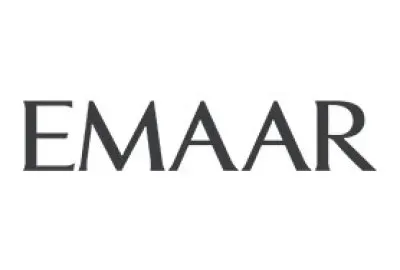



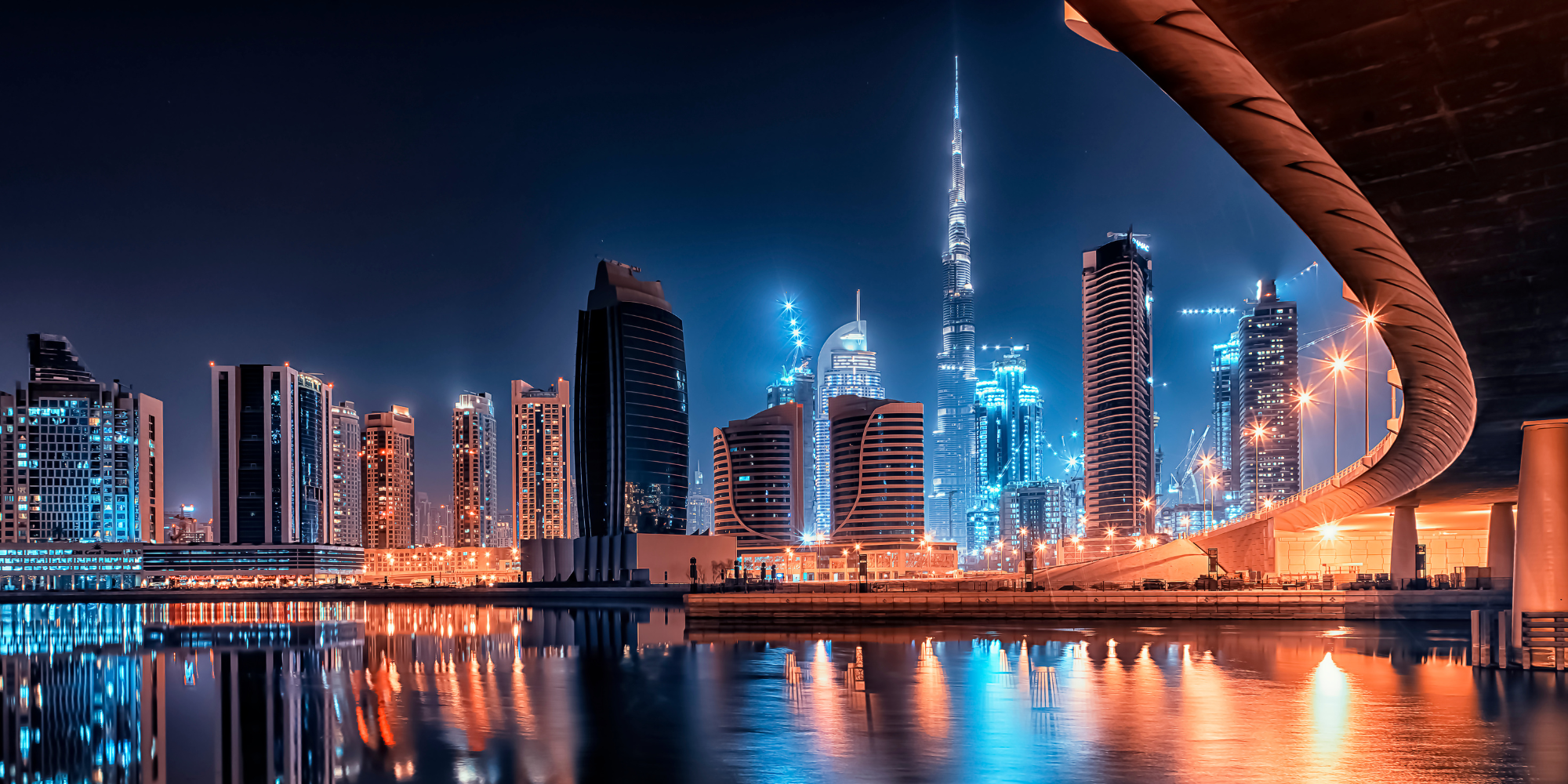





















Discussion